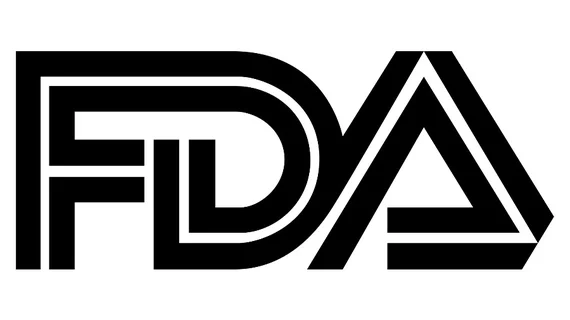FDA takes hard stance on supplement manufacturers
The FDA is cracking down on the supplement industry, after FDA Commissioner Scott Gottlieb, MD, asked the makers of 12 different supplements to cease claiming their products cure various diseases, including Alzheimer’s disease, diabetes and cancer, among others. Additionally, Gottlieb announced a new plan for policy advancements in an effort to modernize dietary supplement regulation and oversight.
Gottlieb noted he has personally benefited from the use of dietary supplements. Though the FDA “plays an important role in helping consumers make use of safe, high-quality dietary supplements,” it is also the agency’s responsibility to protect Americans from the potential dangers of products that don’t meet the agency’s standards for marketing, Gottlieb said in a prepared statement.
The FDA sent 12 warning letters and online advisory letters to organizations whose products, which are advertised as being dietary supplements, are at present, being illegally markets as unapproved new drugs promising to prevent, treat or cure various diseases, without evidence or approval from the FDA.
“Dietary supplements can, when substantiated, claim a number of potential benefits to consumer health, but they cannot claim to prevent, treat or cure diseases like Alzheimer’s,” the press statement from the FDA read. “Such claims can harm patients by discouraging them from seeking FDA-approved medical products that have been demonstrated to be safe and effective for these medical conditions.”
Congress passed the Dietary Supplement Health and Education Act (DSHEA), which changed the FDA’s authority to regulate dietary supplements. Since then the industry has changed at lightning speed.
“I’m concerned that changes in the supplement market may have outpaced the evolution of our own policies and our capacity to manage emerging risks,” Gottlieb noted in his statement. “To continue to fulfill our public health obligations we need to modernize and strengthen our overall approach to these products.”
Gottlieb detailed new actions and policies the agency will implement in the future to improve the safety of dietary supplements, including:
- Rapidly communicating potential safety issues with dietary supplement products with the public.
- Establishing a regulatory framework that promotes innovations and upholds product safety.
- Working closely with industry partners to protect public health and safety.
- Developing new enforcement strategies to protect consumers as risks continue to evolve.
- Engaging in a public dialogue to determine whether additional steps to modernize DSHEA are necessary.
“The steps outlined today highlight both where we are currently and where we look forward to moving toward,” Gottlieb noted in his statement. “We are eager to continue our work with both our industry partners and dietary supplement consumers and will announce more upcoming ideas that we hope to roll out in the near future.”

